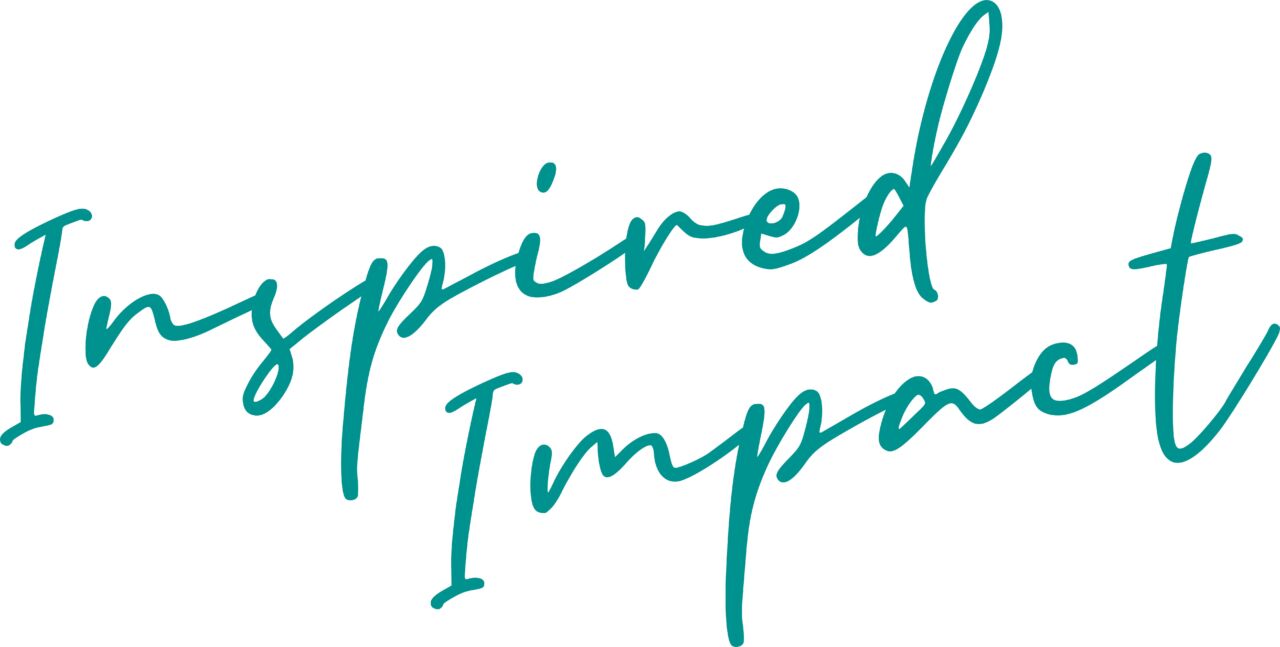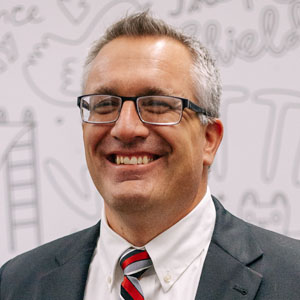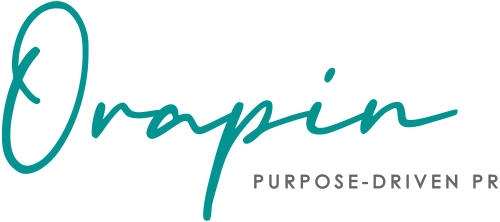
Interviews with purpose-driven leaders who are dedicated to helping others and making a positive impact in the world.
November 27, 2023
Jason Janz | CrossPurpose

Jason Janz is the Chief Executive Officer of CrossPurpose in Denver, CO. Follow on Facebook, Instagram, LinkedIn, and YouTube and learn more at crosspurpose.org.
TELL US, WHO ARE YOU AND WHAT DO YOU DO?
Hi, I’m Jason Janz, founder and CEO of CrossPurpose. Our mission is to abolish economic, relational, and spiritual poverty through career and community development.
HOW DID YOU GET HERE?
I was raised in poverty and I’ve always had a deep empathy for people who are struggling. I was in Green Bay, Wisconsin, and my family decided to move to Colorado and get a fresh start in 1985 when I was 11 years old. I entered the church world and was part of the clergy profession in my 20s and early 30s. I felt like the church as a whole was fairly insular and I wanted to be a part of a church that was very neighborhood-focused. I started the Urban Core of Denver in 2008, but there was a requirement to do outreach in the neighborhood to join the church. I was tired of casual Christianity, with just sermons and songs in a sanctuary on Sunday, so we tried to find ways to get families engaged in the community. We started 16 different outreaches in the first four years, which then rolled into a nonprofit in 2012, which is now CrossPurpose.

Jason Janz is the Chief Executive Officer of CrossPurpose in Denver, CO. Follow on Facebook, Instagram, LinkedIn, and YouTube and learn more at crosspurpose.org.
WHAT DO YOU STAND FOR? WHY IS THIS WORK IMPORTANT TO YOU?
Every person is deserving of love and an opportunity in life. I want to live in a world where we love our neighbor. As a man of faith, somebody once said, the biblical idea of justice is to help somebody until their need is met. I think American charity, especially sometimes Christian charity, stops at the bikes, backpacks, turkey dinners, and Christmas gift giveaways. It doesn’t always go all the way until the need is met. Why don’t we figure out how to help the neighbor have an income so they can buy their own turkey, buy their kids their own Christmas gifts, and have full agency to live the life they want to live? That is what I call expensive love because it’s far more costly to love that way than to do community development work. Most Americans think of charity as relief work: food, clothing, and shelter. But the American problem is a development problem. We have food, we have clothing, and although two percent of the population doesn’t have shelter, they have shelters. So now we have an education issue and a workforce training issue. Those are development-type problems, which require development solutions.
WHAT IMPACT ARE YOU MAKING?
I say this to high-networth people all the time: how do you solve poverty? I almost always get a blank stare. My response is, it’s easy. It’s money. Because poverty is a lack of money. We know giving money is not the best long-term solution. We can help them get through a tough time, but we’ve really got to teach them how to make it themselves. We’re an outcomes-driven nonprofit versus an activities-based nonprofit. We take no credit for our training or how many people we touch, we only take credit for those we help graduate out of poverty with a job of $20 per hour or more. That’s success. Now they’re out of poverty and we’ve actually solved the problem.
WHAT (OR WHO) INSPIRES YOU TO DO THIS WORK?
The life of the ministry of Jesus and Mother Teresa. That woman spent more than 50 years in one organization and she worked with the poorest of the poor. This year, I’ve watched six movies about her life and read three books about her.
WHAT’S YOUR VISION, YOUR BIG DREAM FOR THE IMPACT YOU WANT TO MAKE?
My theory of change is not size, it’s luminescence. America’s pretty drunk on scale and size and the idea that’s how to make an impact. When you try to scale something, it automatically gets watered down unless you hyper-control it. There’s a New Testament scripture, Matthew 5:16, which says, “Let your light so shine before men that they can see your good works and glorify your Father in Heaven.” Jesus did not talk about size, he talked about luminescence, just make a really bright light. I think everybody can do that. Not everybody can build a national nonprofit, but everybody can shine a really bright light in their corner of the world. That’s how you make change. CrossPurpose is just trying to be a mega-watt light, so when people see it they’re impacted by it. Mother Teresa would always say, “Go find your own Calcutta.” I think most of our impact will be stuff that we actually never see because it’s going to be somebody who visits, is impacted, and decides to go back to Omaha and help with kids aging out of foster care program or something like that. They saw a love that was exquisite, extensive, deep, lasting, and transformative.
WHAT CHALLENGES ARE YOU FACING?
At the grass tops level, we have placed a cultural value upon higher education. If you go to college, you’re worth something, and if you don’t, you’re not. We won’t say it, but it’s in the water. Over half of Colorado jobs don’t need one day of higher ed. Eight out of 10 low-income families in our city who try higher ed won’t complete it and then they’re going to have debt and a subtle message that they can’t make it. We don’t dignify the middle-skill workforce in our state. We don’t fund it, we don’t dignify it. Until the cultural water and message change, we’ll always suffer with a deficient number of people in the workforce in the middle skills and a vanishing middle class. We have to change our cultural values and scripts to let people do what they were wired to do in this world. I want to live in a world where everybody who wants to go to higher ed can go, but perhaps most people should not. There’s a cheaper and better way to get a self-sufficient income.
Secondly, it’s just purely capital. We believe in K12 education, so we fund $10,000 per kid per year. Higher ed can be funded with government loans and Pell Grants because we believe in it. But when it comes to the space between high school and higher ed, as a public we don’t fund it because we don’t even think of it. That means you have to raise it from philanthropy. I think philanthropy is sustainable, it just chews up a significant portion of our energy to raise the money to get it done.
WHAT’S ONE THING YOU WANT PEOPLE TO KNOW ABOUT YOUR CAUSE AND/OR THE WORK YOU’RE DOING?
We desire to be an example of a group of people who love our neighbor from generational poverty to generational wealth. We provide a wealth-building program for our graduates to advance to homeownership, upskilling investing in entrepreneurship. Our goal is that they graduate. We’re going to stop generational poverty once and for all with the families we serve.
DO YOU HAVE A FAVORITE QUOTE OR WORDS OF INSPIRATION TO SHARE?
It’s a Mother Teresa quote: “Not all of us can do great things, but we can do small things with great love.” My desire is to motivate individual readers to just go love the person down the hall when they are reading this.
HOW CAN OTHERS SUPPORT YOU OR YOUR CAUSE?
My definition of love is a voluntary sacrifice to meet the needs of another person. My call to action is just go do that. If you don’t know how or where to do that, come talk to us. We’ll help you.
At Orapin, we believe those who are working for the greater good should be known, supported, and celebrated. We help purpose-driven organizations transform their random acts of PR into a strategic, consistent approach that generates greater awareness and impact. If would like to be featured in INSPIRED IMPACT™, reach out to hello@orapin.co.

